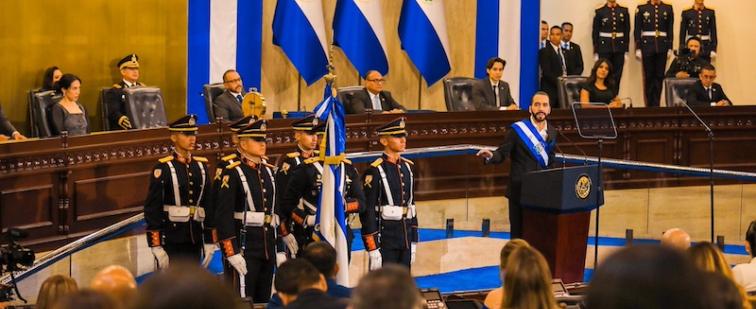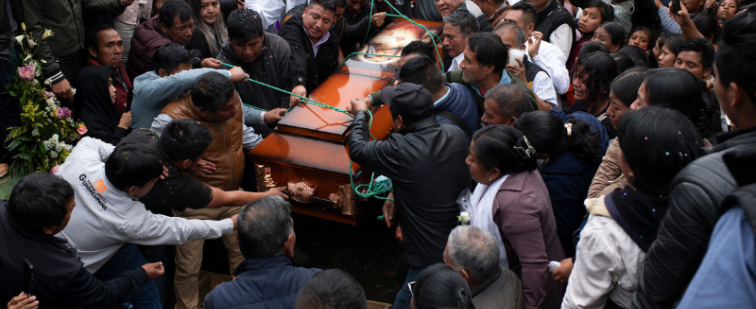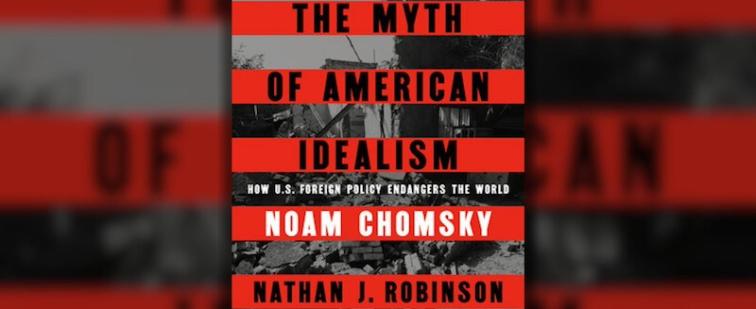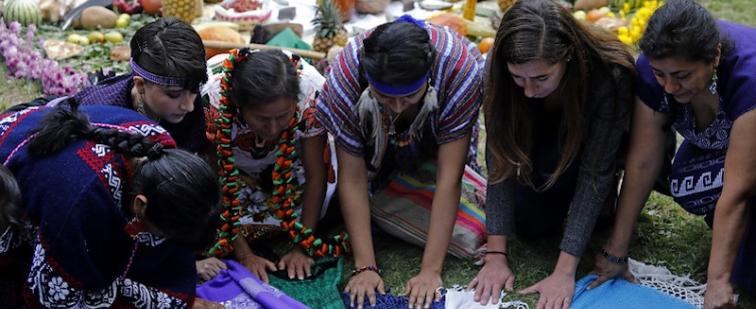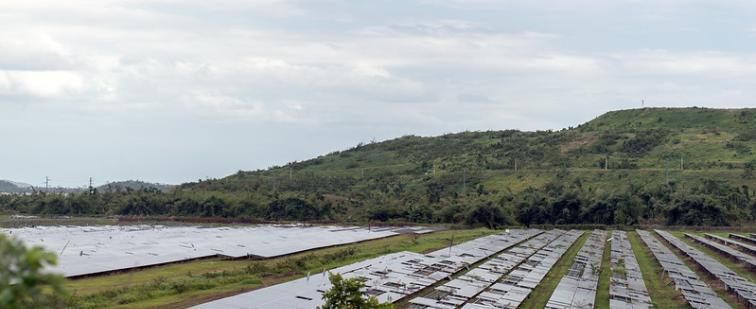Home
In this 200th anniversary year of the abolitition of the trans-Atlantic slave trade, the governments of the Caribbean Community (Caricom) are, commendably, singing from the same hymn sheet. At their 18th inter-sessional meeting held last week in St. Vincent and the Grenadines, they unanimously agreed to request from the ex-European colonial powers both an apology and reparations for profiting from the abominable crime of African slavery.
New social movements have emerged in Bolivia over the "price of fire"—access to basic elements of survival like water, gas, land, coca, employment, and other resources. From the first moments of Spanish colonization to today's headlines, The Price of Fire, a new book by award-winning Upside Down World editor Benjamin Dangl, offers a gripping account of clashes in Bolivia between corporate and people's power, contextualizing them regionally, culturally, and historically. Read the introduction...
The leftist government of Rafael Correa has moved assertively in its relations with the United States during its first month in office. The Minister of Foreign Relations, María Fernanda Espinosa, in a meeting with the Foreign Press Association in Quito declared that Ecuador intends to close the U.S. military base located at Manta. “Ecuador is a sovereign nation, we do not need any foreign troops in our country,” she said. The treaty for the base expires in 2009 and will not be renewed.
Residents and activists already concerned about the devastating impact proposed dam projects could have on southern Chile’s pristine wilderness, now have a new argument for why it is simply a bad idea to dam Patagonia’s rivers: earthquakes.
President Evo Morales’s policies on the cultivation, sale, and manufacture of coca leaf are inspiring a variety of economic opportunities in Bolivia’s rural areas on the eastern slope of the Andes Mountains. Coca is an ancient crop valued in Bolivia for its medicinal and nutritional properties, as well as for its deep historical roots in Aymara and Quechua traditions. As it is also the source of cocaine, coca policy draws constant public scrutiny.
Mexican president Felipe Calderón strode off to the World Economic Forum with a bold agenda. At the forum and in meetings with European business leaders and heads of state, he presented Mexico as the guarantor of economic orthodoxy and explicitly criticized Latin American nations that have deviated from the path laid out by the international financial institutions and the U.S. government.
Even in safe and serene Denmark, Luiz Urquiza could not shake off the trauma inflicted by his ex-colleagues. His new line of work, taxi driving, caused the daily aggravation of his most painful wound, sustained when his tormentors fired several bullets into his left leg. Danish doctors and psychologists did what they could, but recovery was never more than partial. For two years in the 1970s, Urquiza had been jailed, mocked, beaten, suffocated and, on one occasion, taken before a fake firing squad—all because he dared study at a university before entering the Argentine police force, and was, therefore, considered “subversive.”
Until recent years, the term Afro-Latin@ has primarily been used to refer to people of African descent in Latin America and the Caribbean. Along with “negro,” “afrodescendiente” and “afrolatinoamericano,” Afro-Latin@ served to name the constituency of the many vibrant anti-racist movements and causes that have been gaining momentum throughout the hemisphere for several generations, reaching global visibility at the UNESCO conference at Durban in 2001. Since the early 1990s, however, and in part as a result of intellectual cross-fertilization between North and South, the usage has gained increasing traction in the United States.
As the Inter-American Development Bank considers an additional $400 million loan to support a natural-gas project in Peru’s Camisea rainforest, a NACLA investigation, funded by the Samuel Chavkin Investigative Journalism Fund, finds evidence of botched pipelines and a government cover-up.
While the U.S imperial presence has emerged as a more or less acknowledged fact of the 21st century, popular references to U.S. power often gloss over a complex, amorphous system of organization and domination.1 What debate and discussion of empire there is in the United States has been almost entirely confined to its most pronounced, military expressions.




